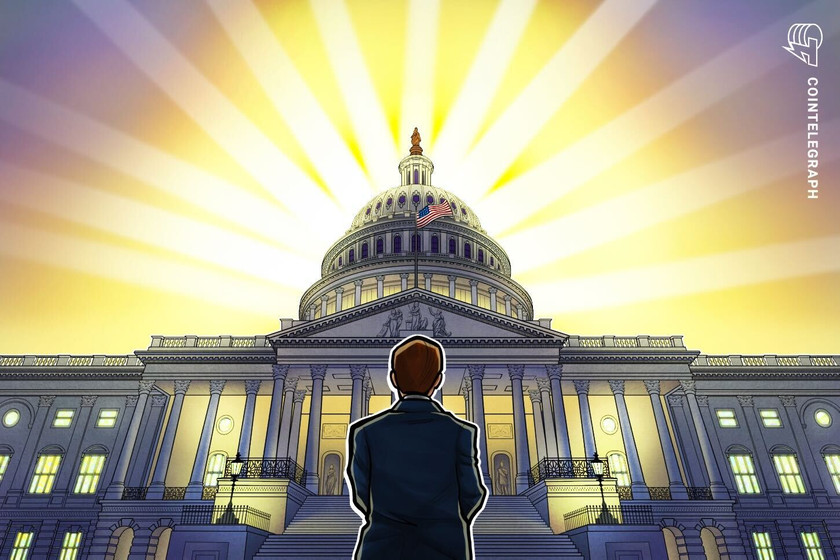Bitcoin mining and increasing energy bills — Sen. Warren vs. Crypto Twitter


“I’ve been ringing the alarm about the risks that Bitcoin poses to our power grids and climate,” said Senator Warren, agreeing with a New York Times article on the matter.
United States Senator Elizabeth Warren blamed the Bitcoin (BTC) mining industry for rising energy prices in American households based on unverified mainstream reporting. However, Crypto Twitter was not ready to let it slide and unanimously decided to clarify the disinformation.
While Senator Warren has prominently spoken against the crypto ecosystem, the latest dig at Bitcoin mining comes based on a New York Times article. The report accuses Bitcoin miners of cashing in on electricity and indirectly forcing the public to pay the price. The narrative fit Warren’s perception of the crypto industry as she stated:
“I’ve been ringing the alarm about the risks that Bitcoin poses to our power grids and climate. U.S. Environmental Protection Agency and Department of Energy should use their authority to require cryptominers to disclose their energy use and emissions.”
To help Warren rethink and make an informed decision, numerous entrepreneurs responded, trying to fix the misconception. Bitcoin podcaster Stephan Livera straight up dismissed the NYT report, stating that the “NYT report is filled with disinformation.”
On the other hand, MicroStrategy founder and chairman Michael Saylor contradicted Warren’s statement. He explained how Bitcoin mining does not contribute to pollution but helps decrease energy bills.
#Bitcoin miners decrease the energy bill for millions of American families and do not create pollution. They are data centers running on excess electricity that would otherwise be wasted, and perform the vital role of powering the most secure computer network in the world.
— Michael Saylor⚡️ (@saylor) April 18, 2023
Others from the Crypto Twitter community sought to tag Tesla CEO and Dogecoin (DOGE) supporter Elon Musk in the conversation, who has been actively trying to eradicate disinformation campaigns on his newly-owned social media platform.
Canadian Broadcasting Corp said they’re “less than 70% government-funded”, so we corrected the label pic.twitter.com/lU1EWf76Zu
— Elon Musk (@elonmusk) April 18, 2023
The New York Times was one of the first news publications to become a victim of Musk’s attack against disinformation and propaganda. Twitter recently stripped the verified blue mark from NYT’s primary account after the organization refused to comply with the subscription requirement. Cointelegraph reported on a method to find out who paid for Twitter Blue verification.
Related: Elon Musk reportedly buys thousands of GPUs for Twitter AI project
In a recent FOX interview, Musk revealed the development of a ChatGPT rival known as TruthGPT. According to the entrepreneur, TruthGPT is a large language model that will be trained to explore the mysteries of the universe. In his words:
“I’m going to start something which I call TruthGPT, or a maximum truth-seeking AI that tries to understand the nature of the universe.”
In the interview, Musk told Fox anchor Tucker Carlson that ChatGPT “is programmed by left-wing experts, which train the chatbots to lie.”
Magazine: US enforcement agencies are turning up the heat on crypto-related crime

















